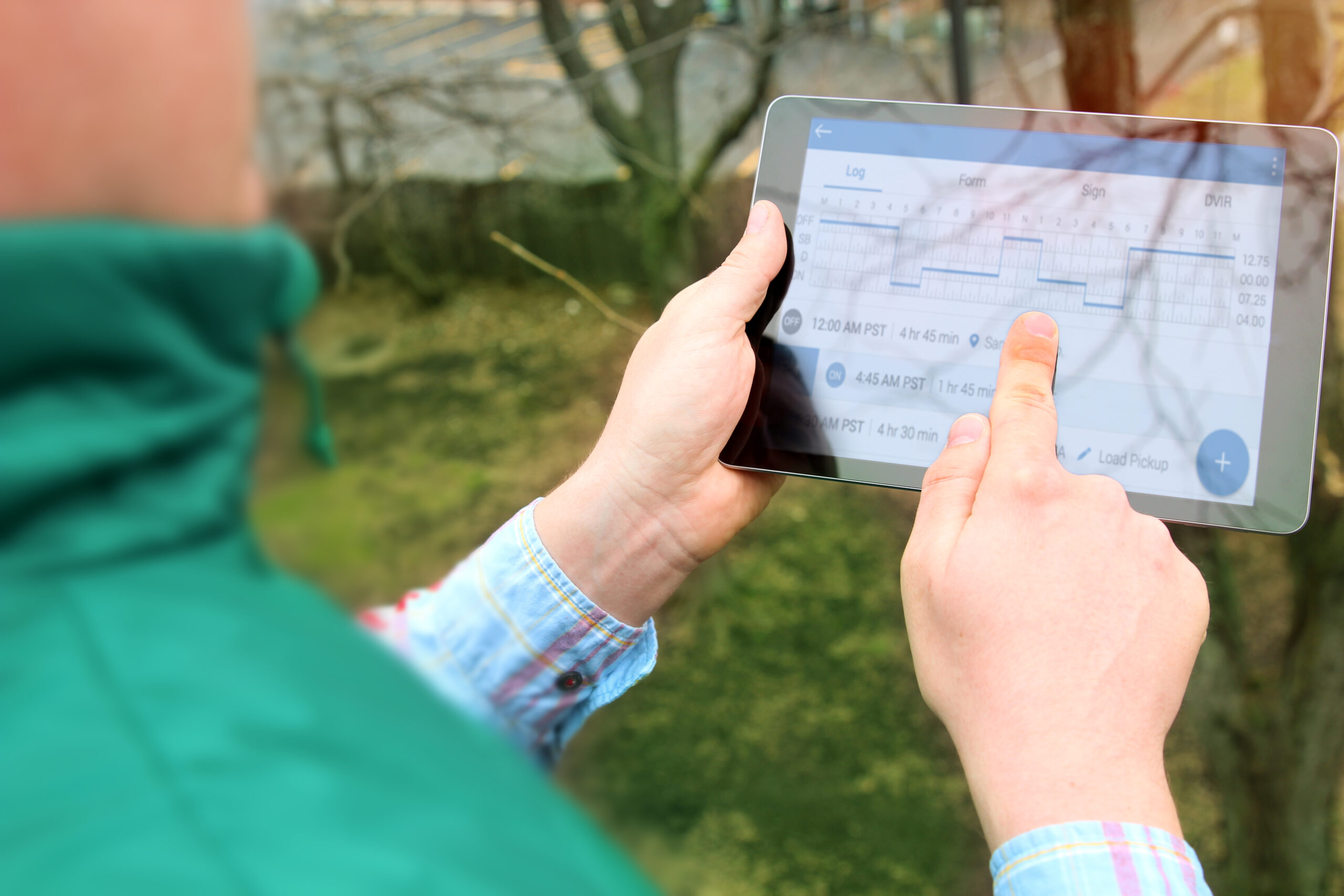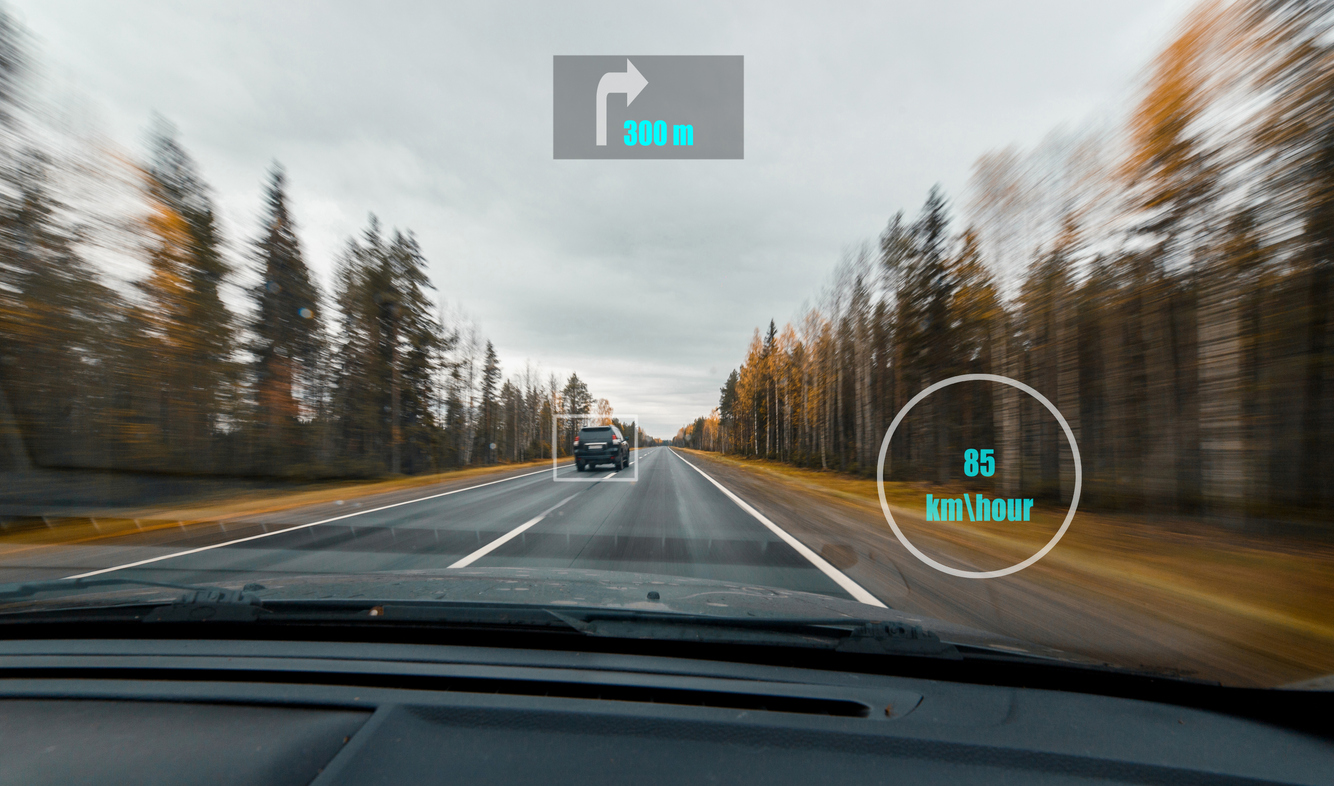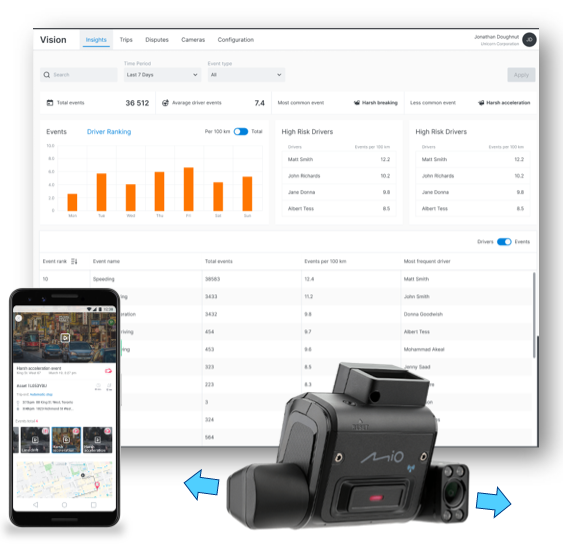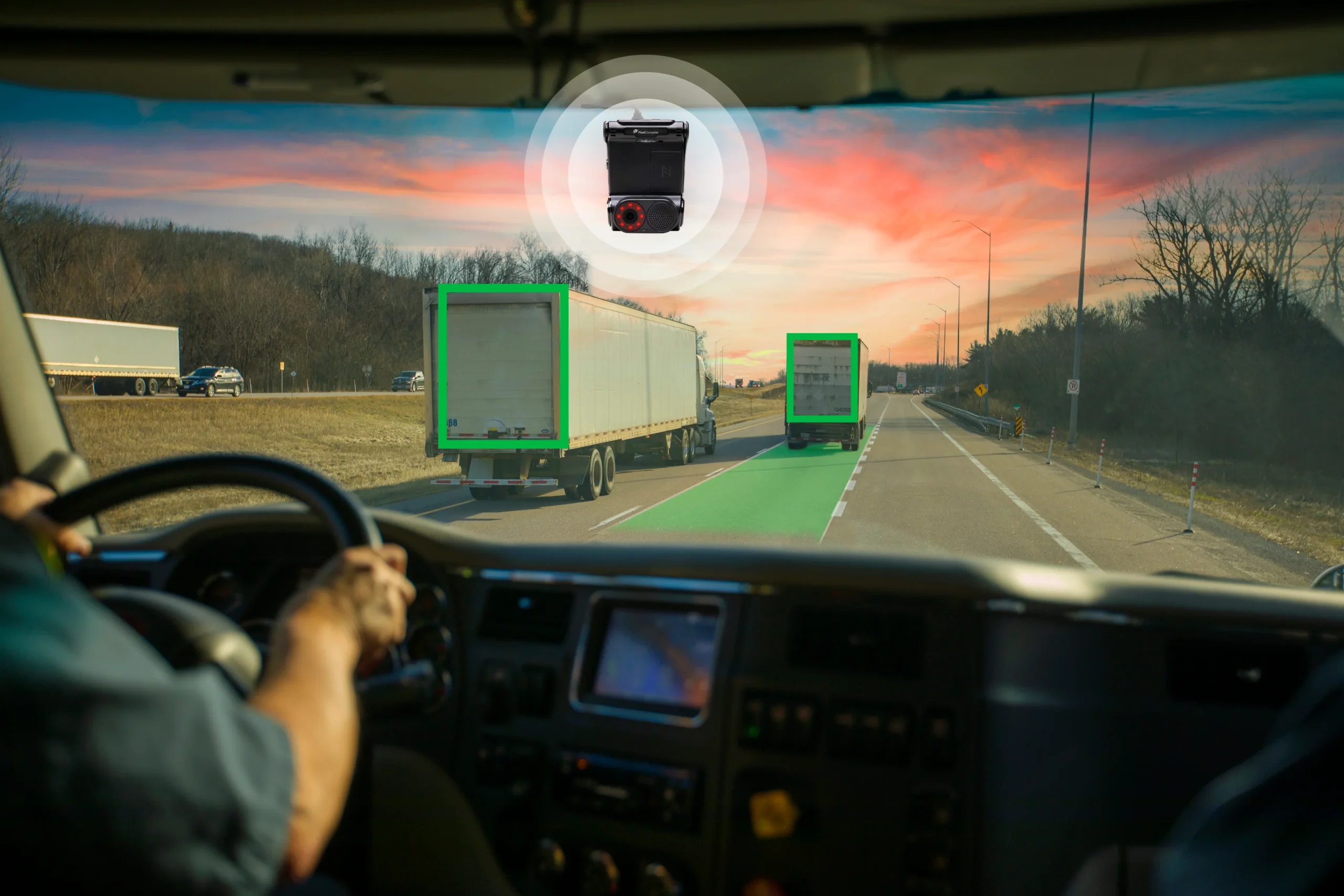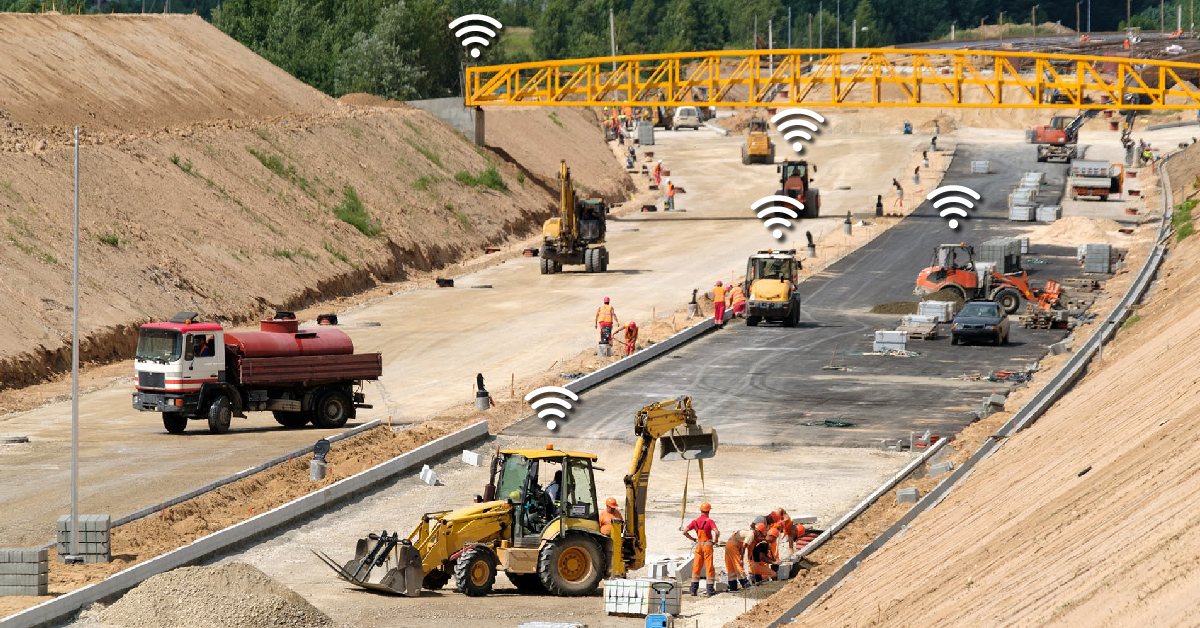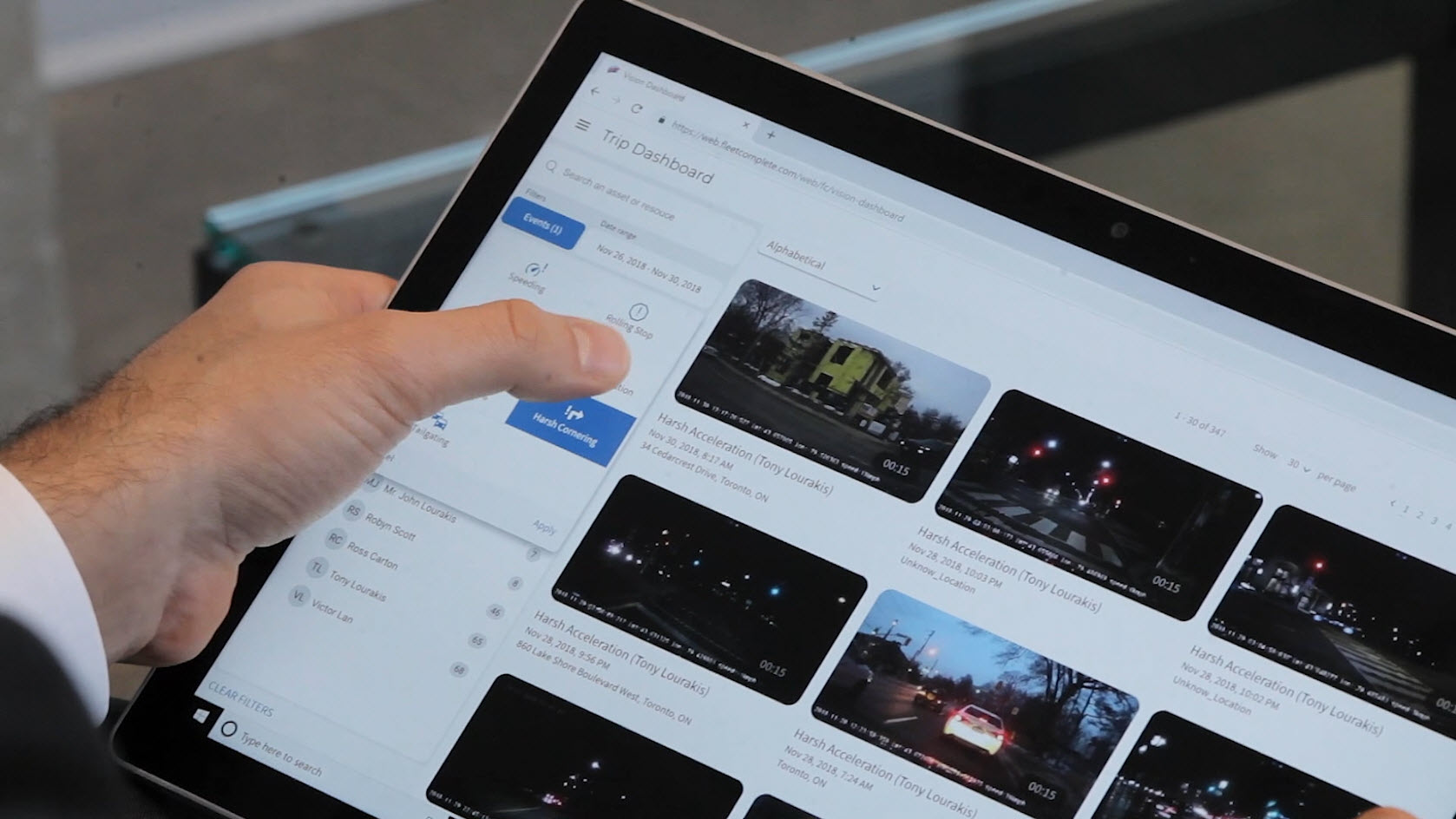According to a survey completed by C.J. Driscoll & Associates, the majority of the fleet managers who have installed driver behavior management systems said their primary reasons were safety concerns or reducing accidents.
Driscoll conducted a study as a telephone survey of 508 fleet managers working with service, trucking, utility, government fleets, and others. The study revealed that fleets, which have invested in the driver behavior management technology, have been very satisfied and seen improvements in a wide range of areas:
- 33% of participants said the reduced number of accidents was the principal benefit provided by the system;
- 27% of fleet operators mentioned improved regulatory compliance as a principal benefit;
- 17% of respondents mentioned determining liability as a key advantage;
- 7% of the fleet operators consider reduced fuel consumption to be a primary benefit;
Some are still reluctant to introduce tracking technology into the workplace. However, this is quickly overcome as soon as business owners see the multiple benefits fleet-wide, and how it protects employees against occupational hazards or having them become a liability.
During the recent Operation Safe Driver Week, law enforcement officers throughout the United States and Canada wrote 11,000 tickets to truckers, with 123 cited for reckless, inattentive and/or careless driving. The aim was to reduce the number of crashes on our roadways through an effective mix of education and enforcement of highway safety.
What is the impact on a fleet? Dented reputation, unnecessary fees, lower safety scores, higher insurance premiums and fleet downtime in case of heavy repairs or accidents.
Driver training programs and incentives are critical for a fleet-owning business, and driver behavior management solutions like Powerfleet’s (formerly Fleet Complete) VisionAI Hub can help establish that.
VisionAI Hub gives drivers the ability to proactively manage their individual driving habits with visual and auditory aids. The solution consists of video event recording, dedicated mobile app and live audio feedback while on the road. The dash-mounted camera records events like speeding, harsh acceleration and braking, following too close to the car in front, lane drifting and other factors that can impact safety for drivers themselves and others on the road.
With real-time audio feedback on poor driving activity, the driver gets real-time coaching and can see improvement scores in their personalized dashboard in the VisionAI Hub app. They can also review the recorded events to get a better visualization of what happened.
As a fleet manager, you can review the recorded video events in the web portal and get a comprehensive performance analysis in one consolidated dashboard – fleet-wide or per individual trip. These reviews will help better understand what improvements need to be made, and what type of a tailored training program your drivers need.















